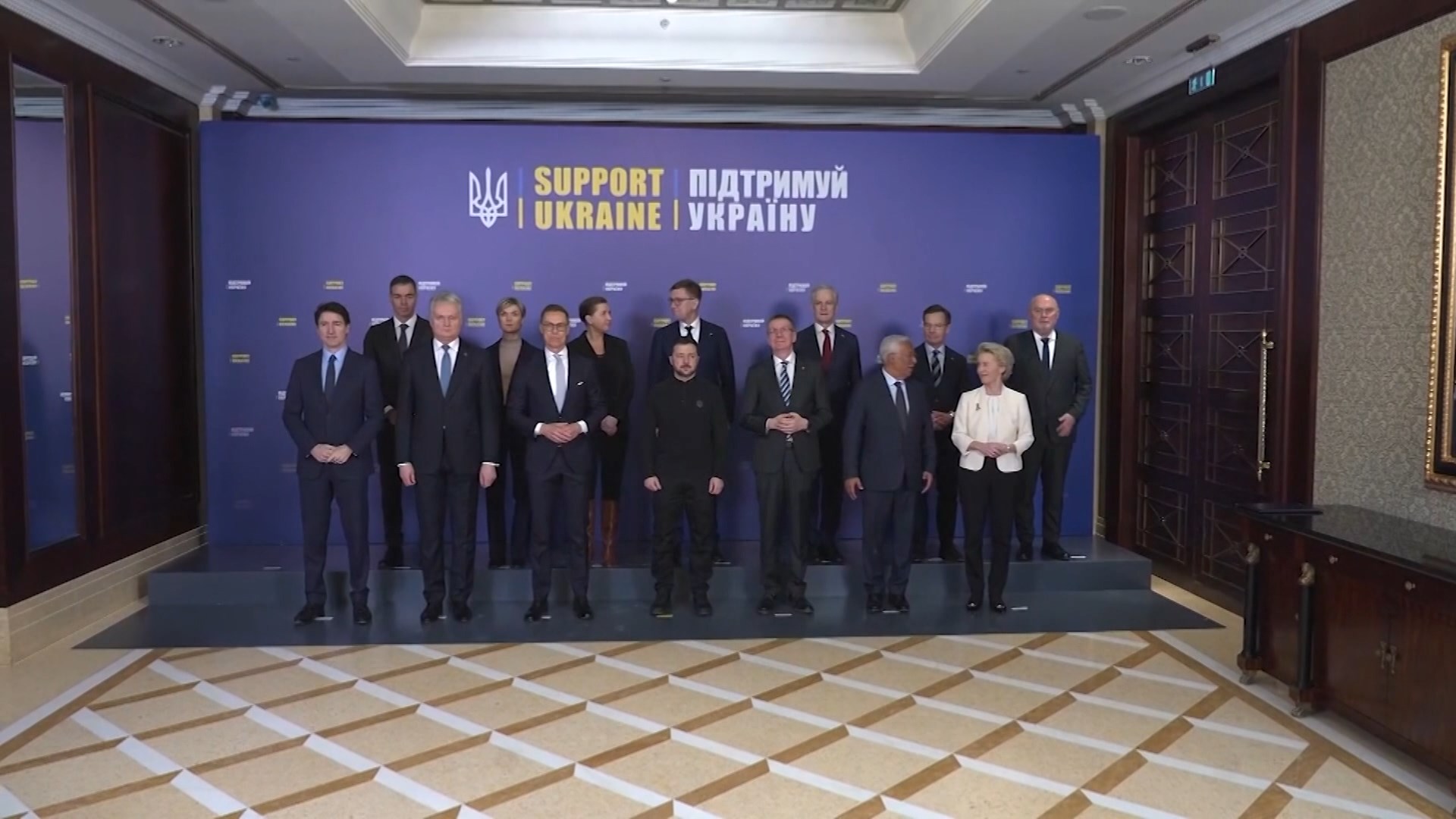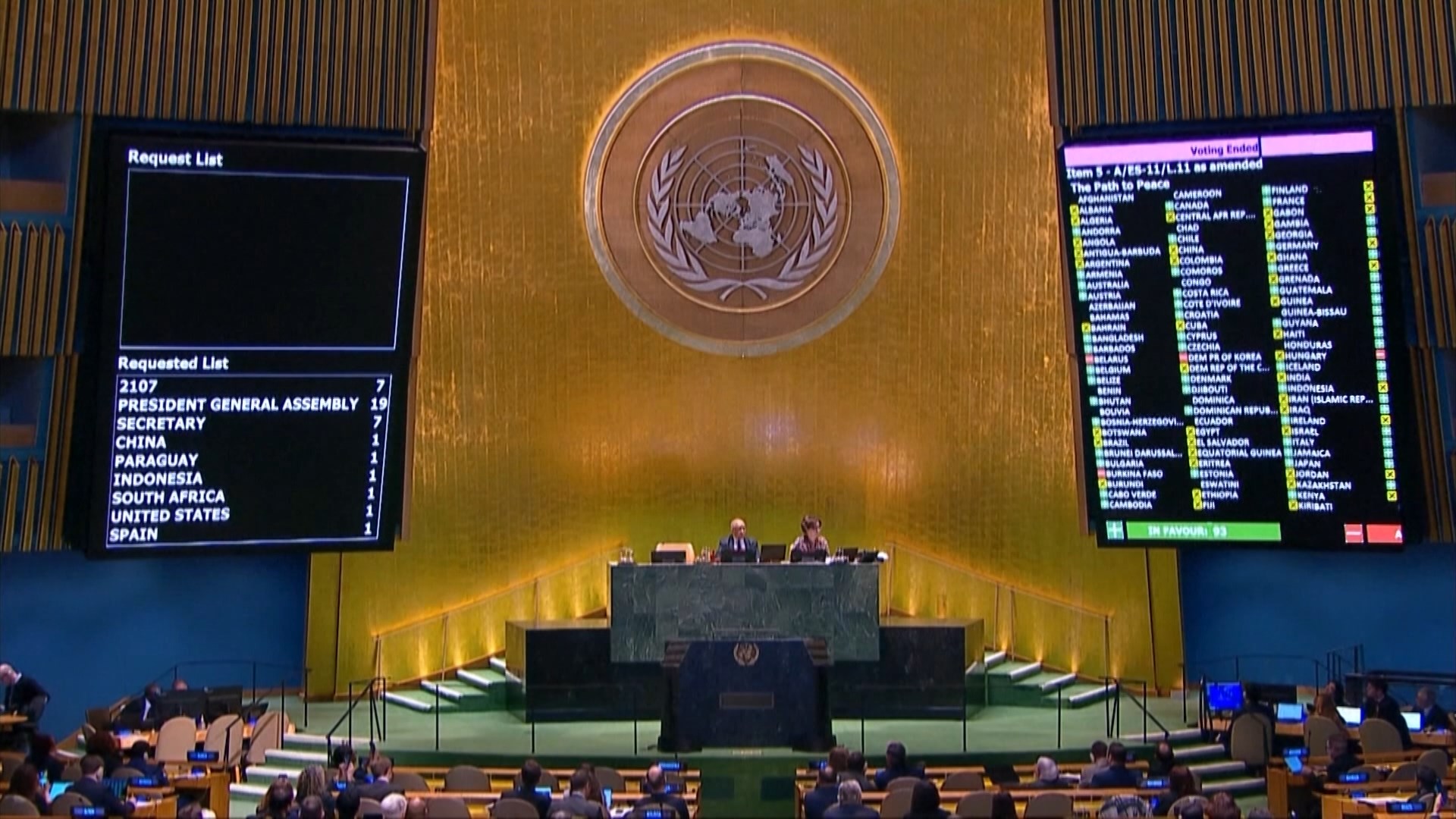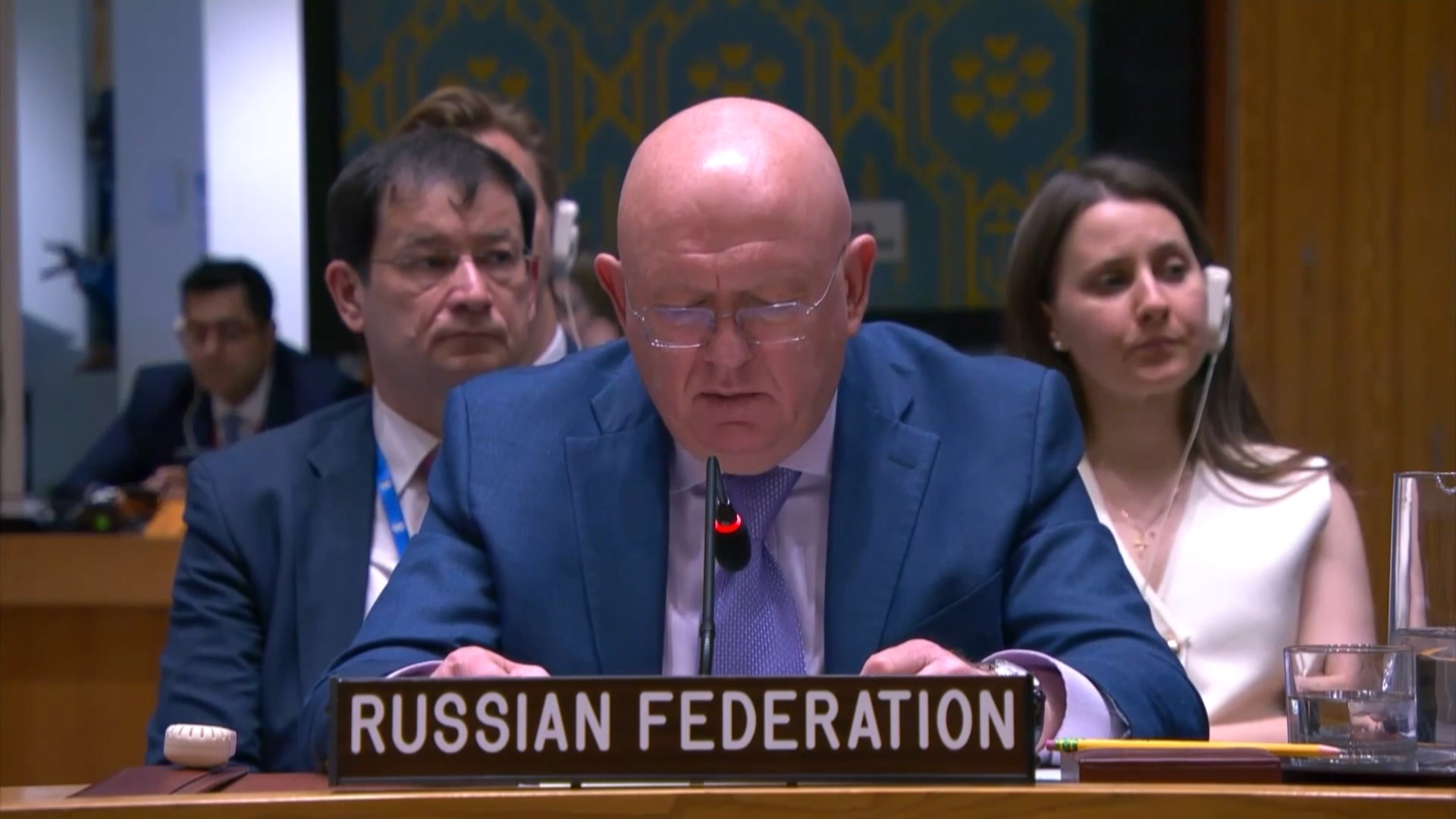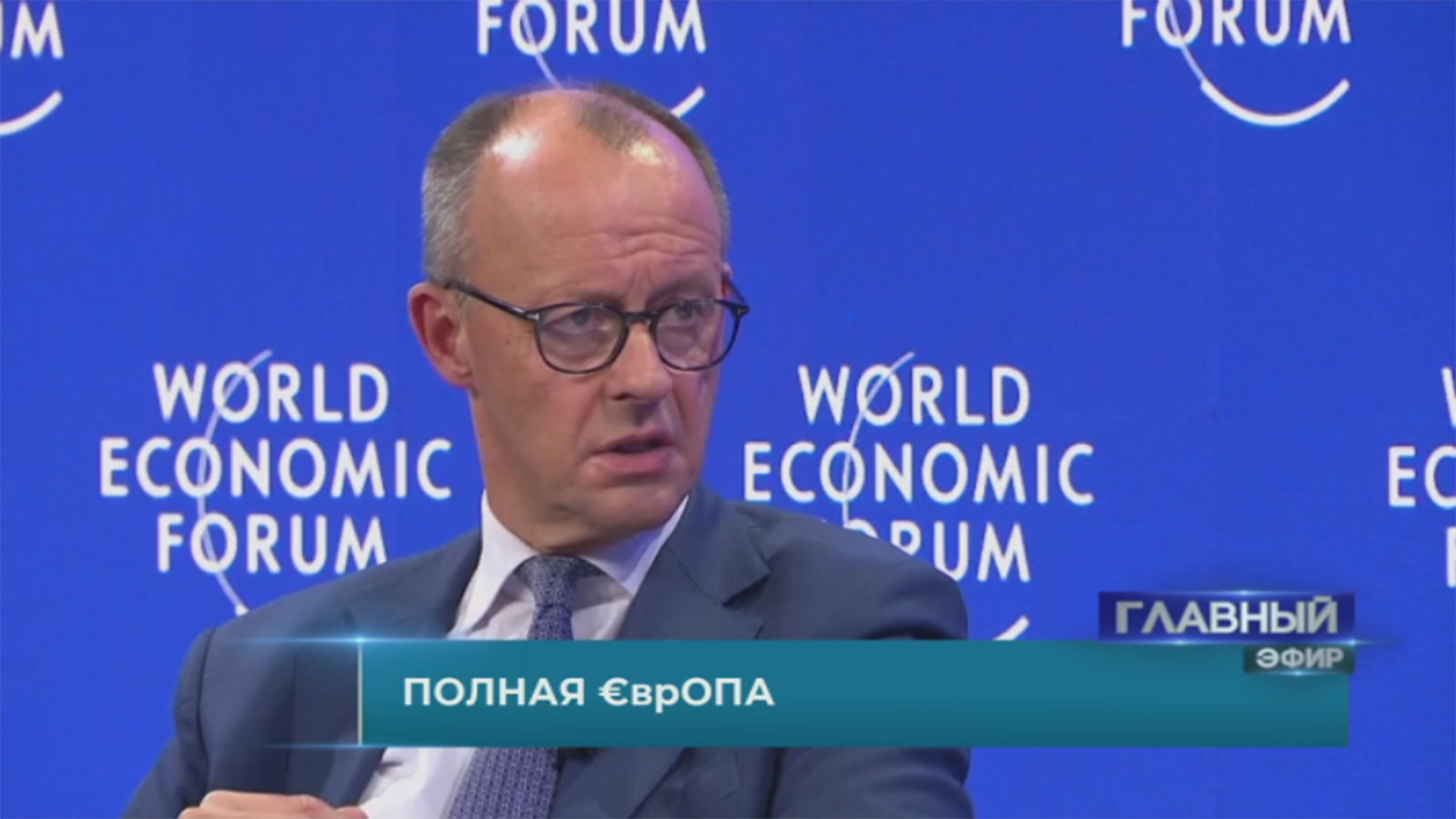3.68 BYN
2.96 BYN
3.41 BYN
Europe Divided – Who Caters to the U.S. and Who Refuses to Submit

The paths to rapprochement between the U.S. and Russia in addressing the Ukrainian crisis without the involvement of Europe are categorically unappealing to the Old Continent. Brussels finds itself repeatedly juggling between appeasing the White House and issuing threats.
European authorities, having sacrificed much at the altar of the Ukrainian conflict, are desperately trying to insert themselves into the negotiation process. Indeed, if Brussels continues to wag its tail obediently, it risks not only losing its remaining reputation but also being compelled to invest in the reconstruction of a country devastated partially by its own actions.
Europe perfectly comprehends that such a burden may exceed its capabilities and is thus dragging the war on in an attempt to carve out a role for itself as neither victor nor vanquished. It is no surprise that a whole cadre of war hawks recently arrived in Kiev for the "Support Ukraine" summit. If not through concrete actions, then at least through words.

Ursula von der Leyen, President of the European Commission, declared: "No one desires peace more than the Ukrainian people, but they seek a just and lasting peace. And this can only be achieved through strength. That is why we are bolstering your economy. It is why we are enhancing the resilience of your energy sector. This is why we will continue training and equipping your troops."
Yet this is just a small part of Europe’s expansive vision. A remarkable spectacle unfolded at the United Nations General Assembly, where unexpectedly two resolutions regarding Ukraine were adopted. In brief, one condemned Russia, while the other did not—this latter, by the way, was put forth by the U.S. Washington demanded that its allies and Kiev withdraw the European version in favor of its own. However, a symbolic walkout occurred.

This is not surprising given the "heavenly manna" promised by "friends"; the authorities of the "independent" were so inspired that they decided not to capitulate to the United States. However, at a later meeting of the UN Security Council, which issues binding resolutions, the American version was adopted.
Vasily Nebenzia, Russia's Permanent Representative to the UN, stated: "It is clear that today's Europe, embracing militarism, is the only player on the international stage that desires the continuation of war and vigorously opposes any realistic initiatives for resolving the conflict. The text approved now is not perfect, but it is, in essence, the first attempt to adopt a constructive, forward-looking outcome from the Council, speaking to a path to peace rather than inflating the conflict."

Nevertheless, one should not assume that all Europeans are fools. This show of force is merely a cunning distraction. Fierce pro-Ukrainian nations like Poland and the Baltic States, alongside corrupt Eurocrats and others less astute, can continue to snarl at the United States and Russia. Yet, there are always those who, as the saying goes, try to curry favor with both sides. Long-time rivals in the century-old feud decided to embark on a pilgrimage to Trump.
British Prime Minister Keir Starmer also prepared for a visit to Trump. He chose not to provoke the American boss, so he arrived not empty-handed but with good news that he would fulfill the White House's demand to raise the country's defense budget to 3% in the future. This would be at the expense of other sectors but for his own benefit.
"This is good for our national security. It is also beneficial for our government's mission to restore economic growth, and we must approach this with optimism. However, funding is only possible by making difficult decisions. And in this case, it means that we will reduce our aid to other countries to 0.3% of GDP," said Keir Starmer.

The only one who seems not to have grasped the changing tides is Germany's future chancellor, Friedrich Merz. It appears as though he remains oblivious to the stark transformations occurring in the world. He continues to recite his election mantra about supporting Ukraine, opposing Russia, and the greatness of Germany—a greatness that no longer exists—and, of course, independence from the United States.
Friedrich Merz, candidate for the Chancellor of Germany, declared: "For me, it will be an absolute priority to strengthen Europe as quickly as possible so that it can gradually achieve true independence from the U.S. Following the statements from Donald Trump last week, it is clear that Americans, this segment of Americans, this government, largely disregard Europe's fate."
But observing people like Merz evokes a clear impression: they seem equally indifferent toward Europe. Their interests lie closer to home. Of course, the heir to Merkel's traditions can promise and say anything at this point. However, the reality is that the U.S., Russia, and China are the three power centers that, united, can dictate terms to the entire world. In this scenario, even connections to the deep state, represented by corporations like BlackRock, may no longer suffice. But time will tell.















